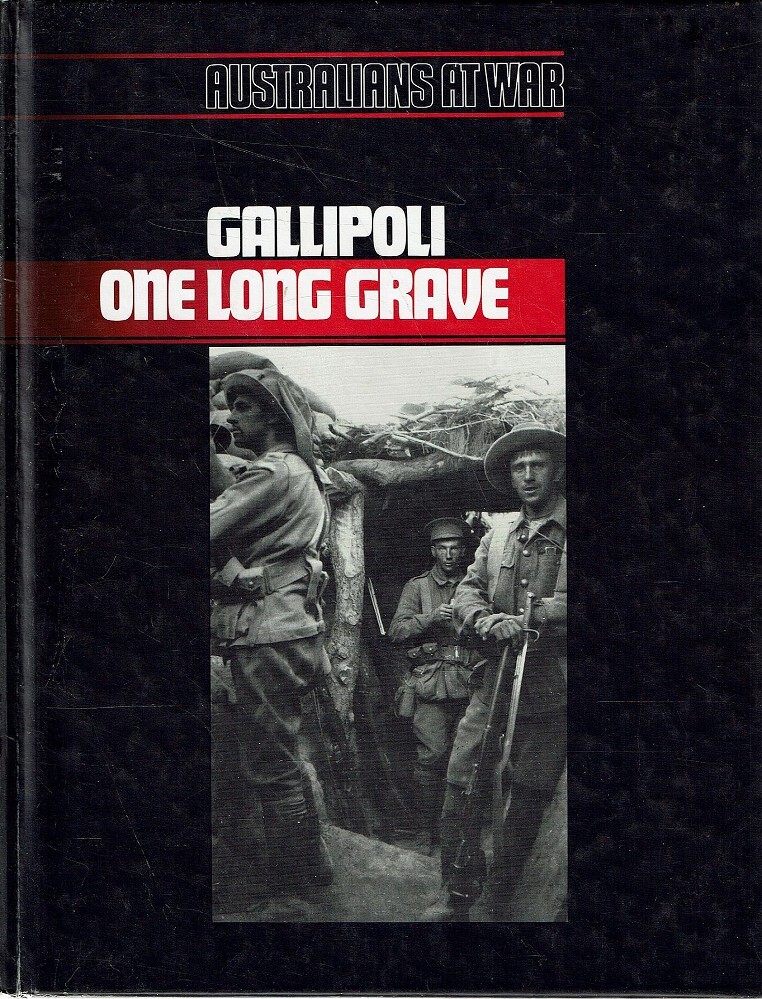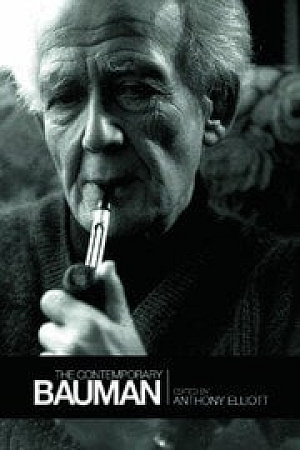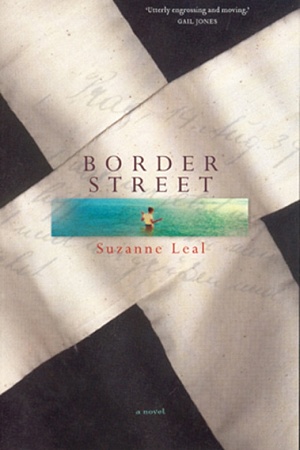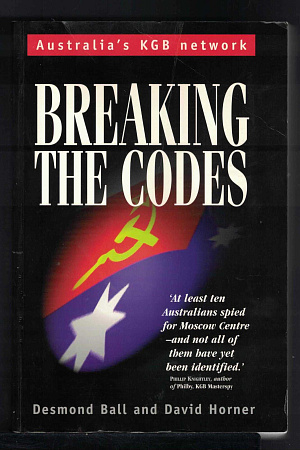Gallipoli – One Long Grave
Time-Life Books Australia, 168 p., $23.95 hb
Gallipoli Glut
In a response to Peter Weir’s film Gallipoli published in Quadrant in 1982, Gerard Henderson observed that ‘recounting the story of the Anzacs has become something of a growth industry’. Five years on, the Gallipoli industry shows no sign of a downturn. The salvaging and publication of war diaries, letters and manuscripts that had long mouldered in museums, libraries and attics, the spate of ‘epic’ teledramas and ersatz war fiction (like Jack Bennett’s spin-off from the aforesaid movie), new historical studies and the resurrection of old ones such as C. E. W. Bean’s Official History and, at the other end of the scale, John Laffin’s Digger: The Story of the Australian Soldier (its subtitle magically changed to ‘The Legend of the Australian Soldier’), all attest to the enduring appeal of Australia’s military exploits to writers and filmmakers and to the subject’s ability to tap a popular audience.
And now - predictably, perhaps - ‘Australians at War’, a fifteen-volume attack on the Australian market by Time-Life Books in conjunction with the Sydney publisher John Ferguson. Apparently we should all feel grateful to Time-Life for its vision and enterprise. The series, intended as ‘a tribute to our nation as a whole’ (did Bob Hawke write the blurb?), is the first produced by the American firm for what its public relations people call an ‘indigenous’ market, and will embrace several aspects of the Australian participation in the two world wars, plus Korea and Vietnam. Time-Life has kindly paid us the compliment of allowing Australians to tell their own war story - according to Bonita Boezeman, the American managing director of the company’s South Pacific division, exhaustive research had uncovered the startling fact that ‘no one was writing war books from an Australian point of view’. (She was interviewed for the Australian.) TimeLife should sack its researchers: parochialism, often of the most unpleasantly blinkered kind, is one of the more obvious traits of what has always been a robust local war literature.
Continue reading for only $10 per month. Subscribe and gain full access to Australian Book Review. Already a subscriber? Sign in. If you need assistance, feel free to contact us.











Leave a comment
If you are an ABR subscriber, you will need to sign in to post a comment.
If you have forgotten your sign in details, or if you receive an error message when trying to submit your comment, please email your comment (and the name of the article to which it relates) to ABR Comments. We will review your comment and, subject to approval, we will post it under your name.
Please note that all comments must be approved by ABR and comply with our Terms & Conditions.